Once a squatter community inhabited primarily by war veterans who retreated to Taiwan with the Chinese Nationalist Party (KMT), Treasure Hill (寶藏巖) has witnessed the city’s transformation while undergoing a metamorphosis itself to become what it is today: an artist village and youth clubhouse frequented by camera-wielding visitors.
Bearing its history in mind, there is probably no better place to hold the Treasure Hill Film Festival: Mirage — Urban and Architecture (海市蜃樓 — 城市與建築專題影展), an outdoor event that aims to explore the relation between urban inhabitants and the environment through cinema.
Co-organized by Treasure Hill Artist Village (寶藏巖國際藝術村) and Taiwan Film institute (國家電影中心), the mini-festival opens today with a lineup of 10 films from Taiwan, Hong Kong and China and runs through August 15.
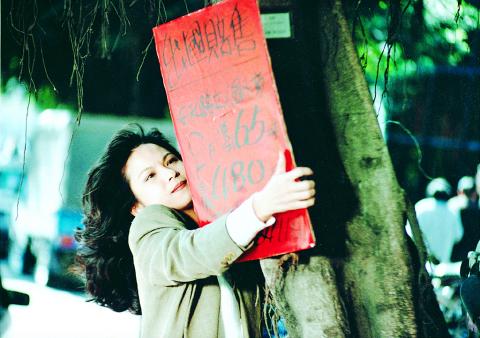
Photo Courtesy of Treasure Hill Artist Village
Among the selected works, both Wan Jen’s (萬仁) 1998 Connection by Fate (超級公民) and Robinson’s Crusoe (魯賓遜漂流記, 2003) by Lin Cheng-sheng (林正盛) tackle issues surrounding land development and urban living. Meanwhile, Waterfront Villa Bonita (水岸麗景, 2007) by Lou Yi-an (樓一安) examines the absurdity of urban life through the eyes of people living on the margins of society.
Other selected films include Tsai Ming-liang’s (蔡明亮) Vive L’Amour (愛情萬歲), Chinese maestro Jia Zhangke’s (賈樟柯) 24 City (二十四城記) and McDull, Prince de la Bun (麥兜,菠蘿油王子) by Hong Kong animation director Toe Yuen (袁建滔).
The outdoor screenings will take place Fridays and Saturdays at 7pm. After each screening, there will be a panel discussion on the films and related issues featuring filmmakers, artists and scholars. All activities are free of admission, and the films have Chinese subtitles only.
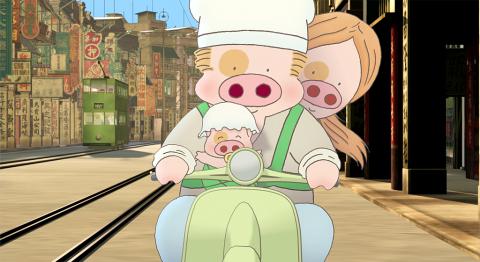
Photo Courtesy of Treasure Hill Artist Village
Treasure Hill Artist Village is located at 2, Alley 14, Ln 230, Dingzhou Rd Sec 3, Taipei City (台北市汀州路三段230巷14弄2號). For more information, visit www.artistvillage.org.
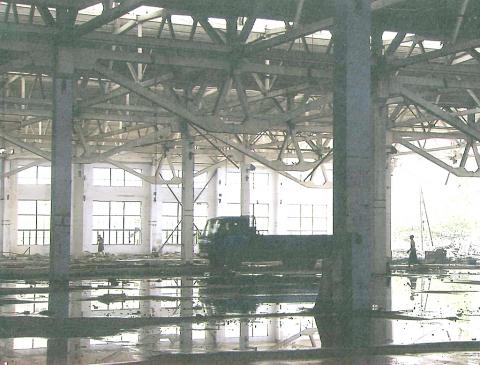
Photo Courtesy of Treasure Hill Artist Village
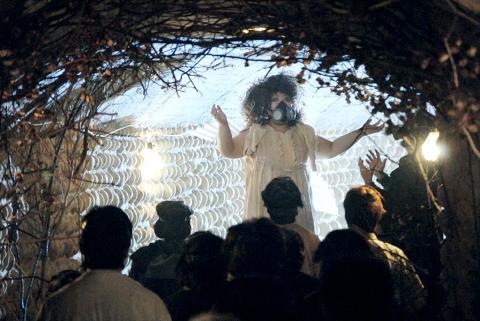
Photo Courtesy of Treasure Hill Artist Village
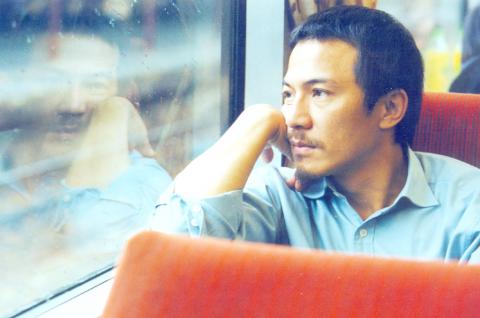
Photo Courtesy of Treasure Hill Artist Village
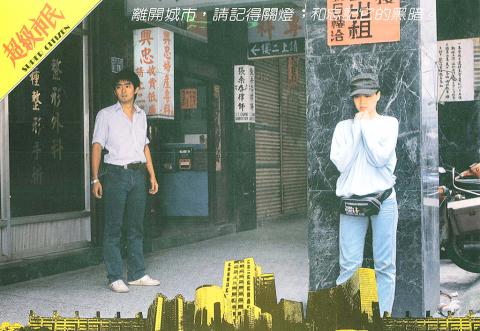
Photo Courtesy of Treasure Hill Artist Village

Dissident artist Ai Weiwei’s (艾未未) famous return to the People’s Republic of China (PRC) has been overshadowed by the astonishing news of the latest arrests of senior military figures for “corruption,” but it is an interesting piece of news in its own right, though more for what Ai does not understand than for what he does. Ai simply lacks the reflective understanding that the loneliness and isolation he imagines are “European” are simply the joys of life as an expat. That goes both ways: “I love Taiwan!” say many still wet-behind-the-ears expats here, not realizing what they love is being an

Google unveiled an artificial intelligence tool Wednesday that its scientists said would help unravel the mysteries of the human genome — and could one day lead to new treatments for diseases. The deep learning model AlphaGenome was hailed by outside researchers as a “breakthrough” that would let scientists study and even simulate the roots of difficult-to-treat genetic diseases. While the first complete map of the human genome in 2003 “gave us the book of life, reading it remained a challenge,” Pushmeet Kohli, vice president of research at Google DeepMind, told journalists. “We have the text,” he said, which is a sequence of

Every now and then, even hardcore hikers like to sleep in, leave the heavy gear at home and just enjoy a relaxed half-day stroll in the mountains: no cold, no steep uphills, no pressure to walk a certain distance in a day. In the winter, the mild climate and lower elevations of the forests in Taiwan’s far south offer a number of easy escapes like this. A prime example is the river above Mudan Reservoir (牡丹水庫): with shallow water, gentle current, abundant wildlife and a complete lack of tourists, this walk is accessible to nearly everyone but still feels quite remote.

It’s a bold filmmaking choice to have a countdown clock on the screen for most of your movie. In the best-case scenario for a movie like Mercy, in which a Los Angeles detective has to prove his innocence to an artificial intelligence judge within said time limit, it heightens the tension. Who hasn’t gotten sweaty palms in, say, a Mission: Impossible movie when the bomb is ticking down and Tom Cruise still hasn’t cleared the building? Why not just extend it for the duration? Perhaps in a better movie it might have worked. Sadly in Mercy, it’s an ever-present reminder of just